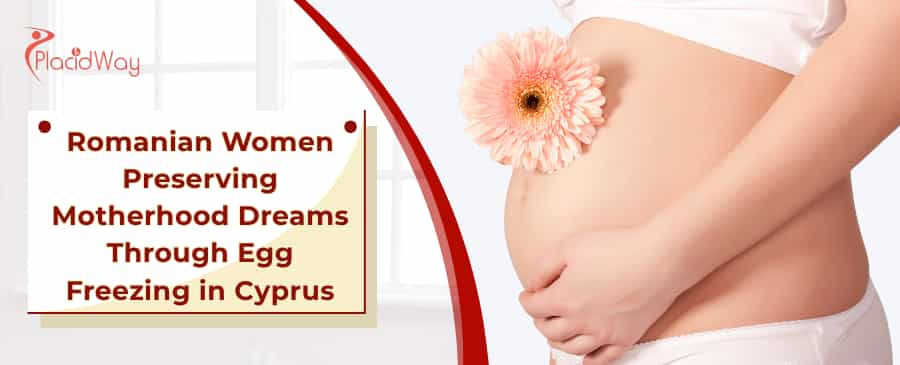
More Romanian women are postponing motherhood due to career goals, personal circumstances, or medical reasons. Egg freezing has become a valuable option to preserve fertility, and Cyprus stands out with its advanced clinics, supportive laws, and welcoming environment for those planning their reproductive future.
This comprehensive guide explores every facet of the egg freezing in Cyprus, from the underlying science to the practical steps involved, helping you make an informed decision about preserving your chances of motherhood.
Key Takeaways
-
Significant Cost Savings: Romanian women can save 20-40% on egg freezing procedures in Cyprus compared to many Western European countries, without compromising on quality or technology.
-
Advanced Technology: Cypriot clinics predominantly use the vitrification method, a flash-freezing technique with a survival rate of over 90% for thawed eggs, significantly boosting future pregnancy chances.
-
Favorable Regulations: Cyprus offers a clear and supportive legal environment for fertility treatments, including egg freezing for social and medical reasons, making it an accessible option.
-
Egg Freezing Package in Cyprus: €2,500 – €4,000
-
Egg Freezing Package in Romania: €2,000 – €3,500 (may vary based on clinic technology)
-
Egg Freezing Package in Turkey: €2,500 – €4,500
-
Annual Storage Fees in Cyprus: €300 – €500
Why Romanian Women are Choosing Cyprus for Egg Freezing
Cyprus has become a premier medical tourism hub by combining high-quality medical care, cutting-edge fertility technology like vitrification, and significantly lower costs than many other European nations, all within a relaxing Mediterranean setting.
The decision to travel for a medical procedure is significant, and Cyprus presents a compelling case for Romanian women considering fertility preservation. The country's appeal is multi-faceted, blending medical excellence with logistical and financial advantages.
-
Advanced Medical Technology: Fertility clinics in Cyprus are equipped with state-of-the-art laboratories and employ the latest techniques. The standard practice is vitrification, a flash-freezing method that prevents ice crystal formation, which could damage the egg. This results in much higher survival rates upon thawing compared to the older slow-freezing methods.
-
Highly Skilled Specialists: Cyprus is home to a robust community of European-certified reproductive endocrinologists and embryologists. Many have trained in the UK, Germany, and the US, bringing a wealth of international experience and ensuring patients receive world-class care.
-
Cost-Effectiveness: The financial aspect is a major draw. The cost of an egg freezing cycle in Cyprus is considerably more affordable than in countries like the UK or the USA, yet the quality of care and technology is comparable or even superior. This makes proactive fertility planning accessible to a wider audience.
-
Supportive Legal Framework: Cyprus has clear and established laws regarding assisted reproductive technologies. This provides a secure and transparent environment for international patients, ensuring that their rights and the future of their frozen eggs are protected.
-
Accessibility and Comfort: With direct flights from Romania and a strong tourism infrastructure, Cyprus is easy to reach. The process can be combined with a short holiday, reducing the stress often associated with medical procedures. English is widely spoken in clinics, eliminating communication barriers.
.png)
Understanding Oocyte Cryopreservation: The Science Behind Egg Freezing
Oocyte cryopreservation is the medical process of extracting a woman's eggs (oocytes), freezing them using advanced techniques, and storing them for future use, effectively pausing her biological clock at the age of freezing.
At its core, egg freezing is a proactive step in family planning. A woman is born with all the eggs she will ever have, and both the quantity and quality decline with age. This decline accelerates significantly after the age of 35. By freezing eggs at a younger age, a woman can preserve their youthful quality, increasing the chances of a successful pregnancy via In Vitro Fertilization (IVF) later in life.
The Vitrification Revolution
The key to modern egg freezing success is vitrification. Unlike older slow-freezing methods that could cause damage, vitrification is an ultra-rapid cooling process.
-
Dehydration: The water inside the egg is replaced with a cryoprotectant solution.
-
Flash-Freezing: The egg is plunged into liquid nitrogen, freezing it so rapidly that it turns into a glass-like, solid state without forming damaging ice crystals.
This technique has revolutionized the field, leading to egg survival rates of over 90% and pregnancy outcomes nearly identical to those using fresh eggs from the same age group.
Did You Know? The first successful pregnancy from a frozen human egg was reported in 1986. However, it was the development of vitrification in the late 2000s that transformed egg freezing from an experimental procedure to a mainstream, highly effective fertility preservation option.
The Egg Freezing Process in Cyprus: A Step-by-Step Guide
The entire egg freezing journey, from initial consultation to the freezing of your eggs, typically spans about two weeks, involving ovarian stimulation through hormone injections, monitoring, and a minimally invasive egg retrieval procedure.
Understanding the process demystifies it and helps you prepare. While each clinic may have slight variations, the core protocol is standardized.
Step 1: Initial Consultation and Ovarian Reserve Testing
-
This can often be done remotely from Romania. You will consult with a fertility specialist to discuss your medical history and goals.
-
Key tests will be required to assess your ovarian reserve (the quantity and quality of your remaining eggs). These include an Anti-Müllerian Hormone (AMH) blood test and an antral follicle count (AFC) via ultrasound.
Step 2: Ovarian Stimulation
-
Once you arrive in Cyprus (or begin in Romania under a doctor's guidance), you will start a course of hormonal injections.
-
These medications, typically self-administered for 10-14 days, stimulate your ovaries to mature multiple eggs in one cycle, rather than the single egg that matures naturally.
Step 3: Monitoring
-
During the stimulation phase, you will visit the clinic every few days for blood tests and transvaginal ultrasounds.
-
This allows your doctor to monitor the growth of the follicles (the sacs containing the eggs) and adjust your medication dosage as needed.
Step 4: The Trigger Shot
-
When your follicles reach the optimal size, you will administer a final "trigger shot." This injection matures the eggs and prepares them for retrieval. The timing of this shot is crucial.
Step 5: Egg Retrieval (Oocyte Pick-up)
-
Approximately 36 hours after the trigger shot, you will undergo the egg retrieval procedure.
-
This is a minimally invasive, short procedure (about 15-20 minutes) performed under light sedation or anesthesia.
-
The doctor uses an ultrasound-guided needle to aspirate the eggs from the follicles through the vaginal wall.
Step 6: Cryopreservation
-
Immediately after retrieval, the embryology lab identifies the mature eggs.
-
These mature eggs are then vitrified and safely stored in cryogenic tanks for future use. You can typically return to Romania a day or two after the procedure.
.png)
Who is an Ideal Candidate for Egg Freezing?
Ideal candidates for egg freezing are women who wish to delay childbearing for personal or professional reasons, as well as those facing medical conditions or treatments that could compromise their future fertility.
The reasons for choosing egg freezing are deeply personal and vary widely. Candidacy falls into two main categories:
1. Social or Elective Egg Freezing: This is for women who want to preserve their fertility for non-medical reasons.
-
Career and Education: Women focusing on demanding careers or educational goals.
-
Lack of a Partner: Those who have not yet found the right partner with whom to build a family.
-
Empowerment: Women who want to reduce the pressure of the "biological clock" and have more control over their life timeline.
2. Medical Egg Freezing: This is for women who need to preserve fertility before undergoing medical treatments.
-
Cancer Diagnosis: Before starting chemotherapy or radiation, which can damage the ovaries.
-
Autoimmune Diseases: For those requiring treatments (like cyclophosphamide) that affect fertility.
-
Gynaecological Conditions: Women with conditions like severe endometriosis or diminished ovarian reserve.
-
Family History: Individuals with a family history of premature menopause.
Cost of Egg Freezing in Cyprus for Romanian Patients
The total cost for one egg freezing cycle in Cyprus typically ranges from €2,500 to €4,000, which includes the procedure itself, but medications and annual storage fees are often separate expenses.
Transparency in cost is crucial for planning. While Cyprus offers excellent value, it's important to understand the complete financial picture. The final price can vary based on the clinic, the patient's individual medication needs, and the chosen storage duration.
Here is a comparative breakdown of typical costs:
Note: These are estimated costs and can vary. Always request a detailed, itemized quote from your chosen clinic.
The egg freezing package typically includes:
-
Clinic fees and monitoring appointments (ultrasounds and blood tests).
-
The egg retrieval procedure.
-
Anesthesia fees.
-
The vitrification (freezing) of the eggs.
Medication costs are highly variable as they depend on the patient's age and ovarian reserve. Younger women with a high reserve may require lower doses than older women.
Expert Insight "When comparing costs, look beyond the headline price. Ask clinics if their package includes initial consultations, anesthesia, and the first year of storage. Understanding the full cost, especially for medications, is key. PlacidWay can help you get transparent, all-inclusive quotes from top clinics in Cyprus to avoid any surprises."
Success Rates: What to Realistically Expect
The success of egg freezing is critically dependent on the woman's age at the time of freezing, with higher chances of a future live birth for women who freeze their eggs before the age of 35.
It's vital to have realistic expectations. Freezing your eggs is not a guarantee of a future baby; it is a powerful tool that significantly improves your chances. The single most important factor determining success is your age when the eggs are frozen.
-
Age Under 35: This is considered the optimal window. The eggs are of higher quality and quantity. Freezing 15-20 eggs at this age can offer a 70-90% chance of at least one live birth in the future.
-
Age 35-37: Success rates remain good. You may need to freeze more eggs (e.g., 20-25) to achieve a similar probability of success.
-
Age 38 and Over: While still possible, the success rates per frozen egg decrease because a higher percentage of eggs will have chromosomal abnormalities. More eggs (often 30+) may be needed, potentially requiring more than one cycle.
Clinics in Cyprus are transparent about success rates and will provide personalized guidance based on your age and ovarian reserve assessment.
Preparing for Your Egg Freezing Journey in Cyprus
Preparation involves choosing the right clinic, arranging travel and accommodation for an approximately two-week stay, and adopting a healthy lifestyle to optimize egg quality before the cycle begins.
A smooth journey begins with good preparation.
-
Clinic Selection: Research clinics thoroughly. Look for JCI accreditation, success rates, and patient testimonials. PlacidWay connects you with pre-vetted, high-quality fertility centers in Cyprus.
-
Logistics: Plan for a stay of about 12-16 days. Book flexible flights and comfortable accommodation near your chosen clinic.
-
Lifestyle Adjustments: In the months leading up to your cycle, focus on a healthy lifestyle. This includes a balanced diet, regular exercise, reducing stress, avoiding smoking and excessive alcohol, and taking prenatal vitamins with folic acid.
-
Documentation: Ensure your passport is valid and you have all necessary medical records to share with the clinic.
FAQs: Answering Your Top Questions
What is the best age to freeze my eggs?
The optimal age is in your late 20s or early 30s, ideally before 35. This is when egg quality and quantity are at their peak, maximizing the chances of future success.
How long can my eggs be stored?
With vitrification, eggs can be stored indefinitely without any degradation in quality. Cypriot law allows for storage for up to 10 years, with possibilities for extension under certain conditions.
Is the egg retrieval procedure painful?
The procedure itself is not painful as it is performed under sedation or light anesthesia. You may experience some mild cramping, bloating, or discomfort for a day or two afterward, which is easily managed with over-the-counter pain relief.
How many eggs should I aim to freeze?
The ideal number depends on your age and family-building goals. As a general guideline, women under 35 are advised to freeze 15-20 eggs. For women over 38, freezing 25-30 or more might be recommended to achieve a high probability of having at least one child.
What happens when I want to use my frozen eggs?
When you are ready, the eggs are thawed, fertilized with sperm from your partner or a donor via a process called ICSI (Intracytoplasmic Sperm Injection), and the resulting embryo is transferred to your uterus, similar to a standard IVF cycle.
Can I do a second cycle if I don't get enough eggs in the first?
Absolutely. It is common for some women, particularly those over 35, to undergo more than one stimulation cycle to bank a sufficient number of eggs to feel secure about their future chances.
Take the Next Step with PlacidWay
Taking control of your reproductive future is an empowering decision. The journey to egg freezing in Cyprus may seem complex, but you don't have to navigate it alone.
At PlacidWay, we are committed to connecting you with the leading fertility clinics in Cyprus. We can help you get detailed, all-inclusive quotes, schedule consultations, and access comprehensive packages tailored to your needs. Let us help you preserve your dream of motherhood on your own terms.



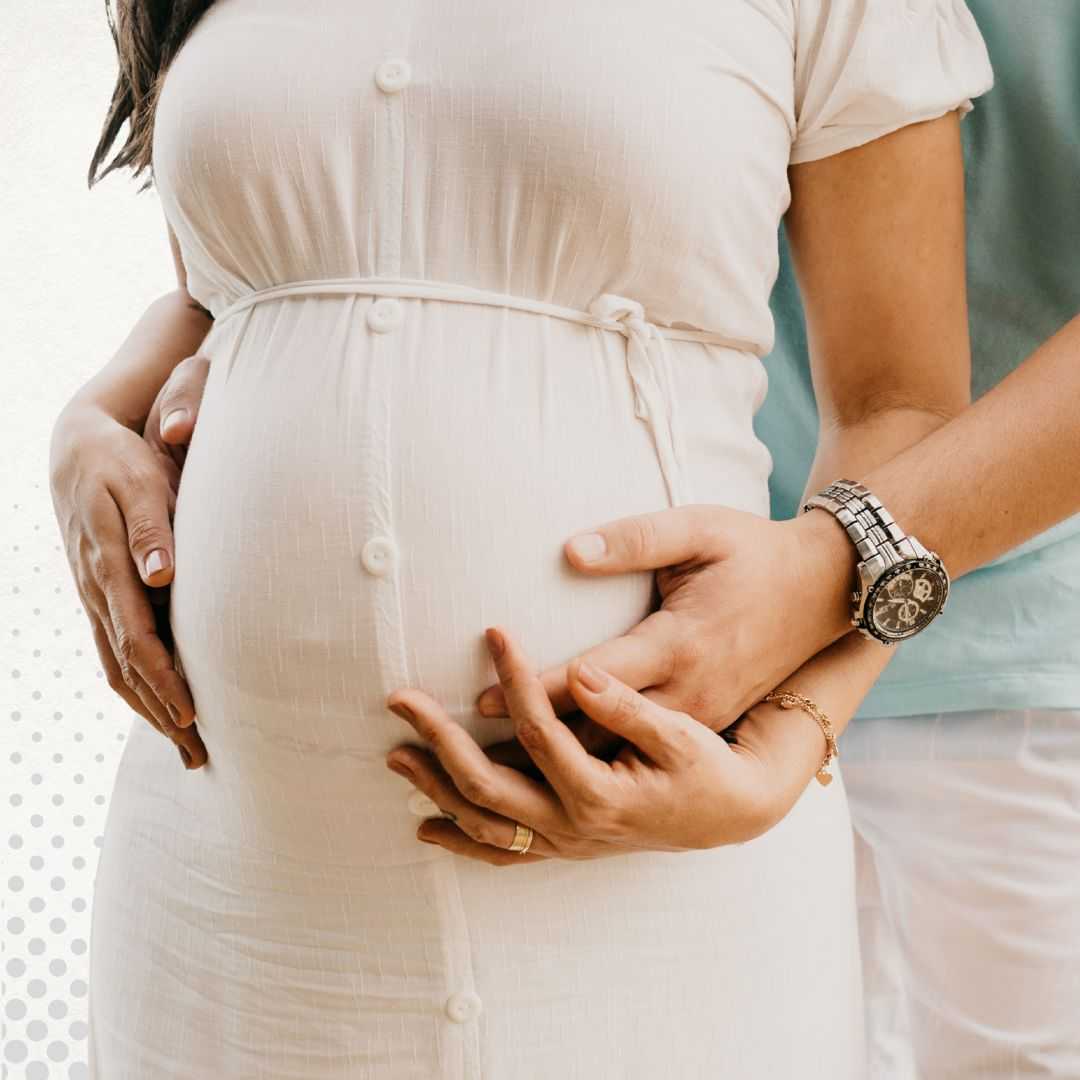

.png)


.png)
.png)
.png)
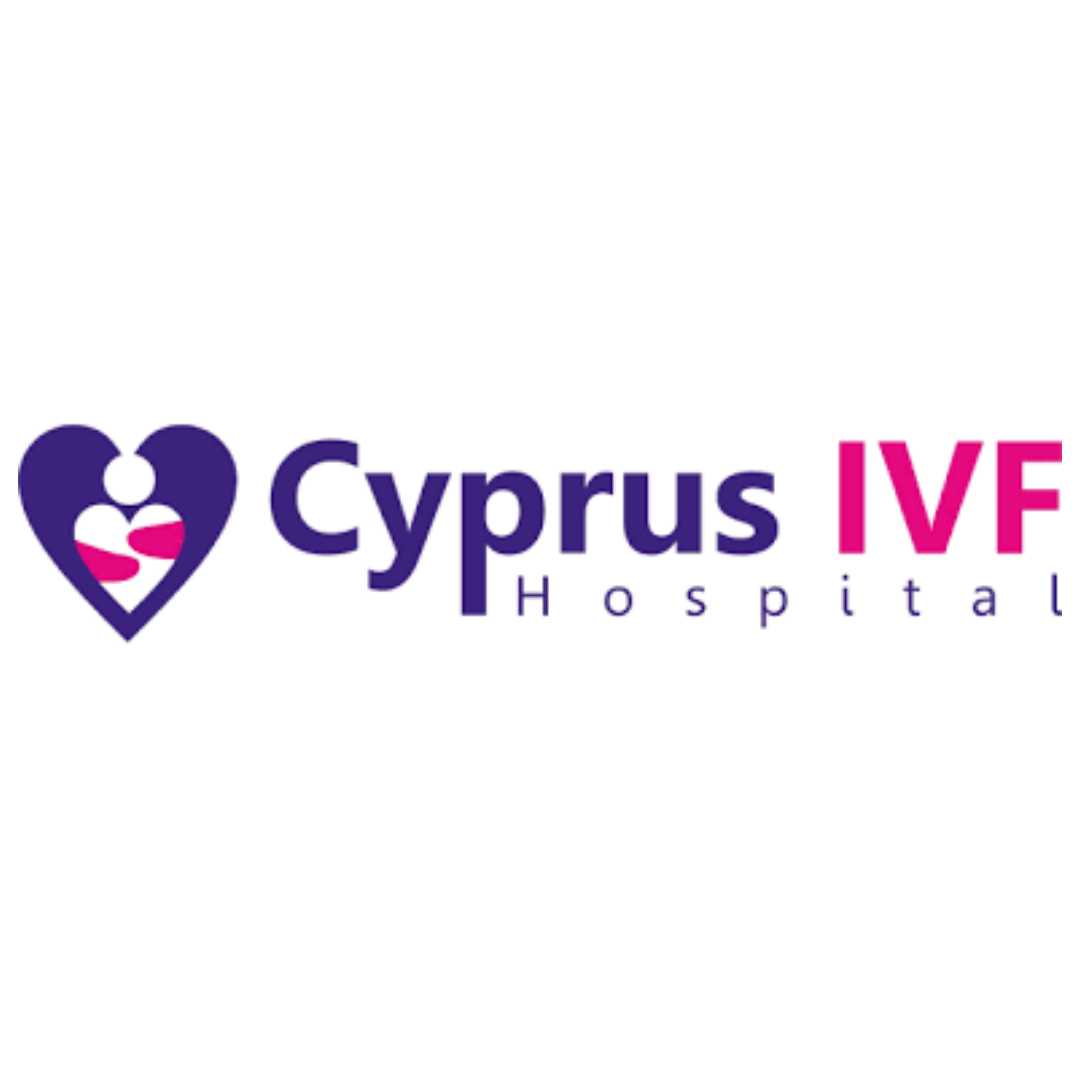

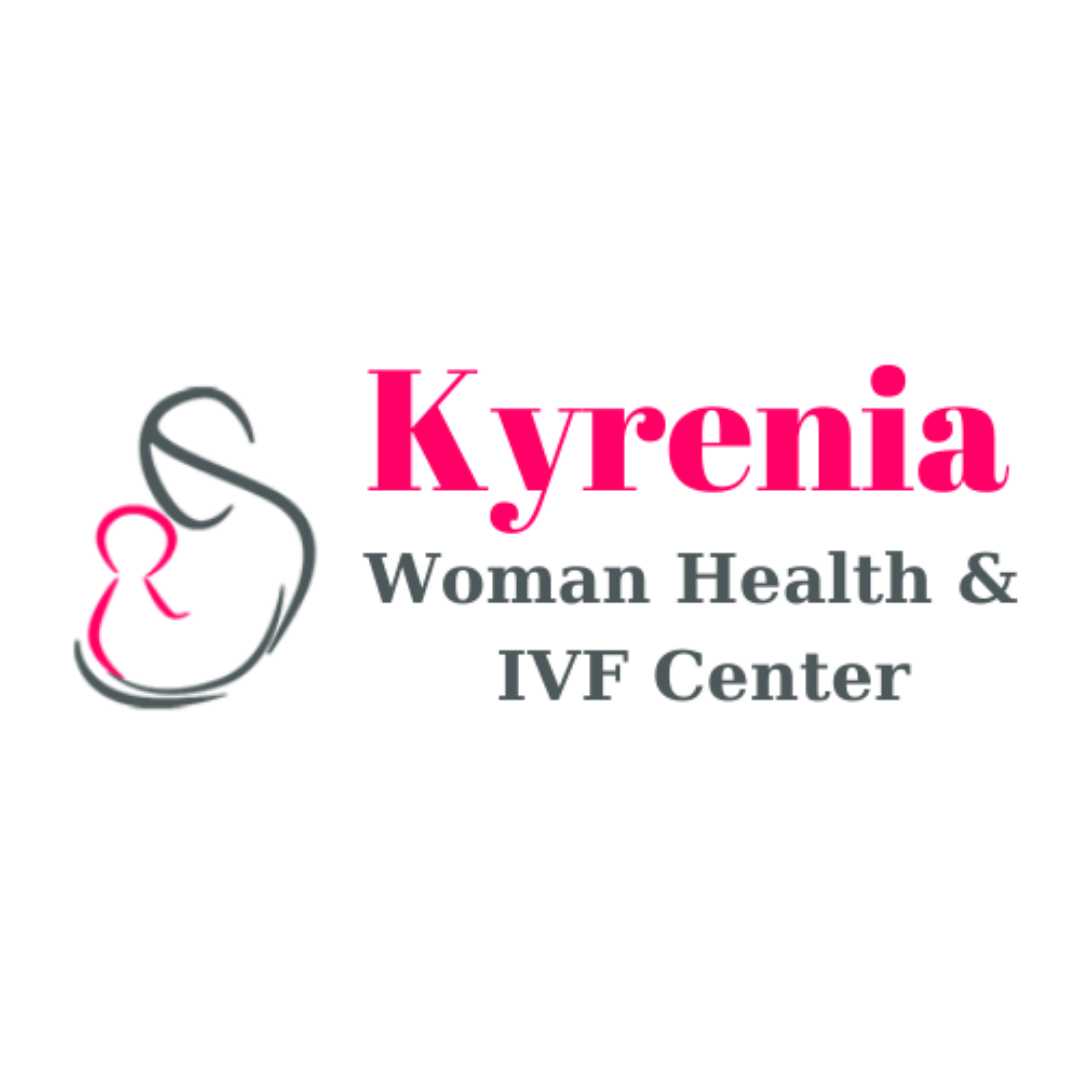

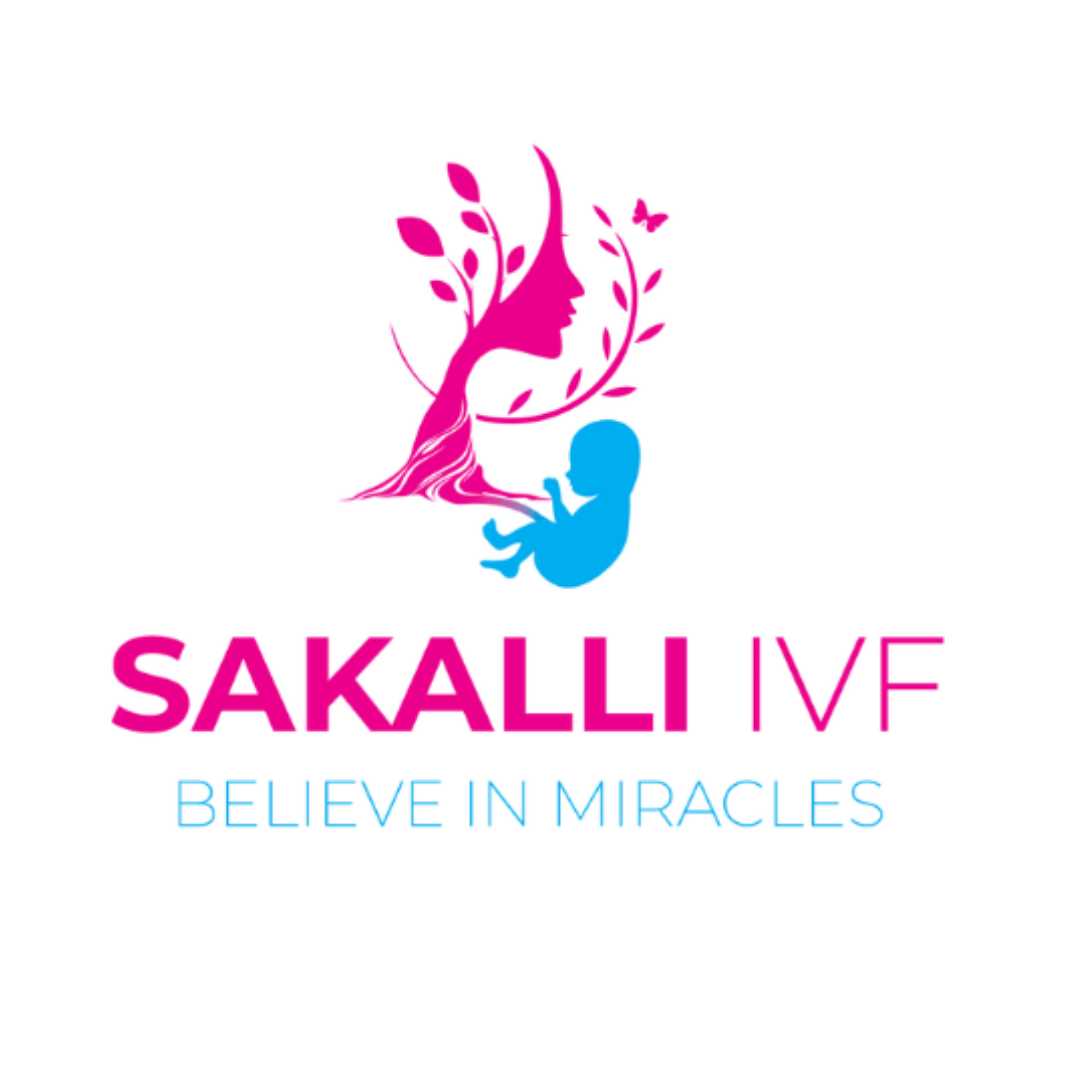

Share this listing